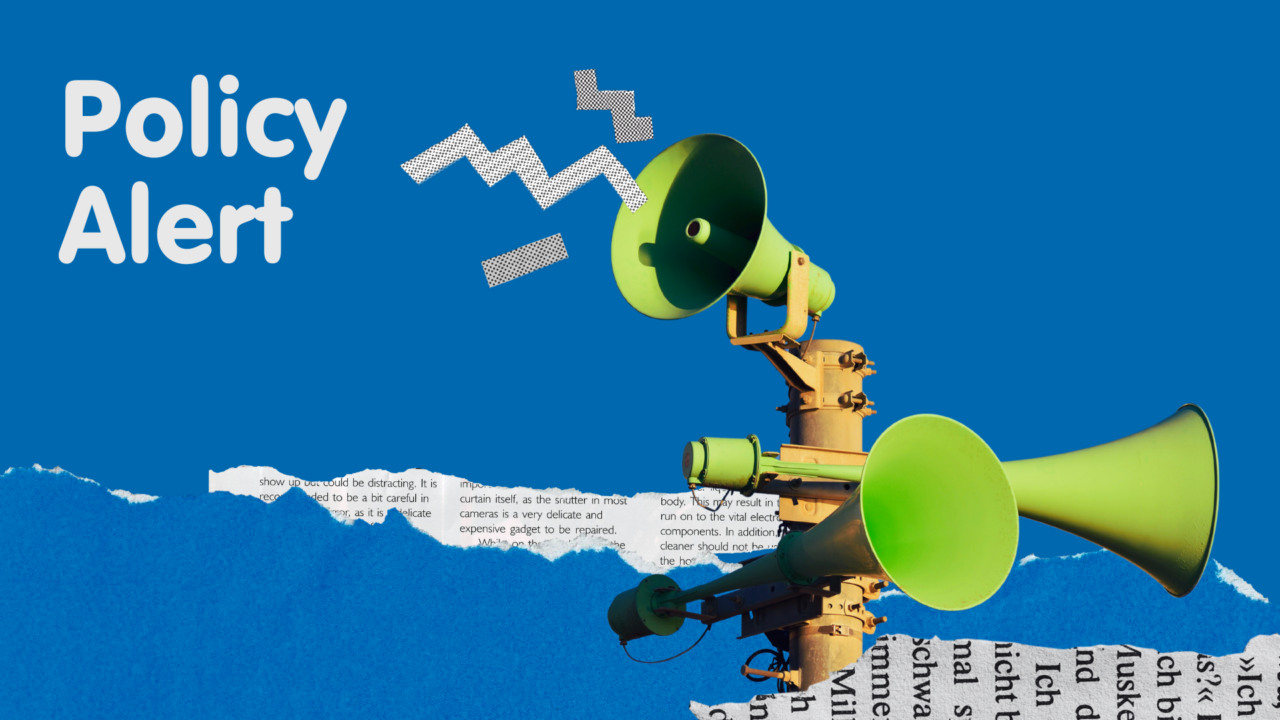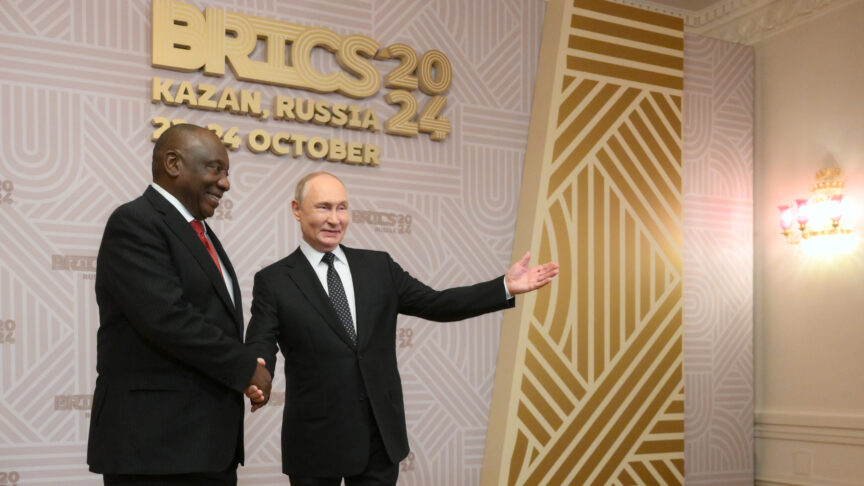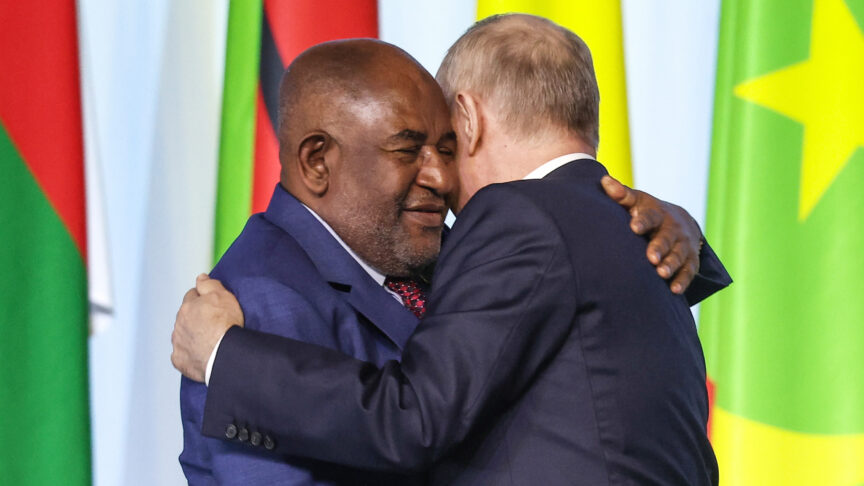Warmer welcome: Ways to engage with African solutions to the Russia-Ukraine war
An opportunity to engage
This weekend, seven African presidents, including the chair of the African Union, are heading to Ukraine and Russia in an attempt to create a constructive dialogue between the two countries. Sources suggest European governments are set to react cautiously to this initiative. In the past, policymakers in the European Union have responded only in a lukewarm way to peace proposals from outside Europe, such as from Brazil, worrying these would concede too much to Russia.
However, the new mediation initiative offers the opportunity to at least bring European and African viewpoints together in dialogue, and help prepare the ground for a broader global support structure for eventual peace negotiations.
In fact, the risk is that the initiative could prove to be little more than a one-off visit – and that it only hardens suspicions among Europeans that other parts of the world do not understand that the blame for the conflict lies squarely at Moscow’s door.
Welcome – and prepare to invest
European governments may be overdoing the caution. A delegation that contains the AU and the heads of six other important African states, including those seen as too uncritical of Russia, represents a crucial acknowledgment of Ukraine’s perspective. Previously, senior figures from Uganda, South Africa, and others dismissed Ukraine as a proxy in a larger conflict between Russia and the West. Since February 2022, only one African head of state has visited Kyiv; many others have made for Moscow.
European governments should issue welcoming words this week, and then prepare to invest more firmly if the African mediation effort takes clearer shape. Europeans can also provide advice and assistance to Ukraine in its current drive to build new relationships in Africa, where it is opening new embassies. Alongside this, the EU should intensify its diplomatic exchanges with the AU on potential paths to peace and to mitigate the war’s economic fallout for African economies.
A continent under pressure
African economies have suffered severe price shocks from global inflation, which the war has exacerbated, in particular for food and fertilisers. After visiting Kyiv, the presidents are expected to engage Vladimir Putin in Moscow on the Black Sea grain agreement, which he has threatened to quit next month.
More broadly, many AU members abstained in United Nations General Assembly resolutions condemning the Russian aggression, with some of them presenting this position as a form of “non-alignment”. European decision-makers worry this conceals an implicit pro-Russian bias on the part of many such states. South Africa is under particular scrutiny, including by the US, over suspected weapons shipments and its continued military cooperation with Russia. It is also under pressure regarding the International Criminal Court’s warrant for Putin: the Russian leader is due to visit Johannesburg for the BRICS summit in August, and South Africa would be obliged to arrest him. It is considering relocating the gathering to China. From the perspective of President Cyril Ramaphosa at least, expediting the peace initiative may be part of addressing these broader perceptions.
The European Council on Foreign Relations does not take collective positions. ECFR publications only represent the views of their individual authors.




